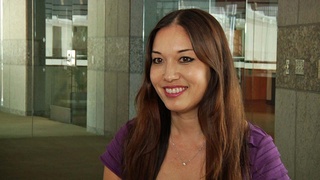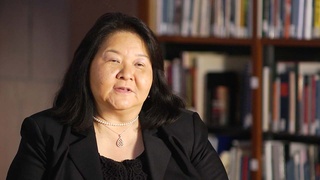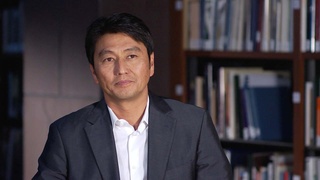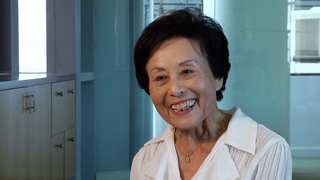Interviews
Difficulty of spreading authentic sushi (Japanese)
(Japanese) I’ve done some workshops at Korean or Chinese-owned businesses to show and tell them the Japanese sushi that I’d learned. I’ve told them how to make sushi rice and do this and do that at such workshops, but they wanted to add the taste of their own country and it was something that they weren’t willing to compromise, which is why I couldn’t push it any further. And since they’re presenting it as Japanese food, there’s really nothing we can do.
Date: April 16, 2016
Location: California, US
Interviewer: Mistue Watanabe
Contributed by: Watase Media Arts Center, Japanese American National Museum








